Does Uv Light Damage Camera Lens?
In the realm of photography, the quality and longevity of camera equipment are paramount concerns for both amateur and professional photographers. One question that often arises is whether UV light can damage a camera lens. This topic is particularly relevant given the increasing use of UV filters and the potential exposure of camera lenses to various light sources. In this article, we will delve into the effects of UV light on camera lenses, explore the science behind UV radiation, and provide practical advice on how to protect your valuable photography equipment.
Understanding UV Light
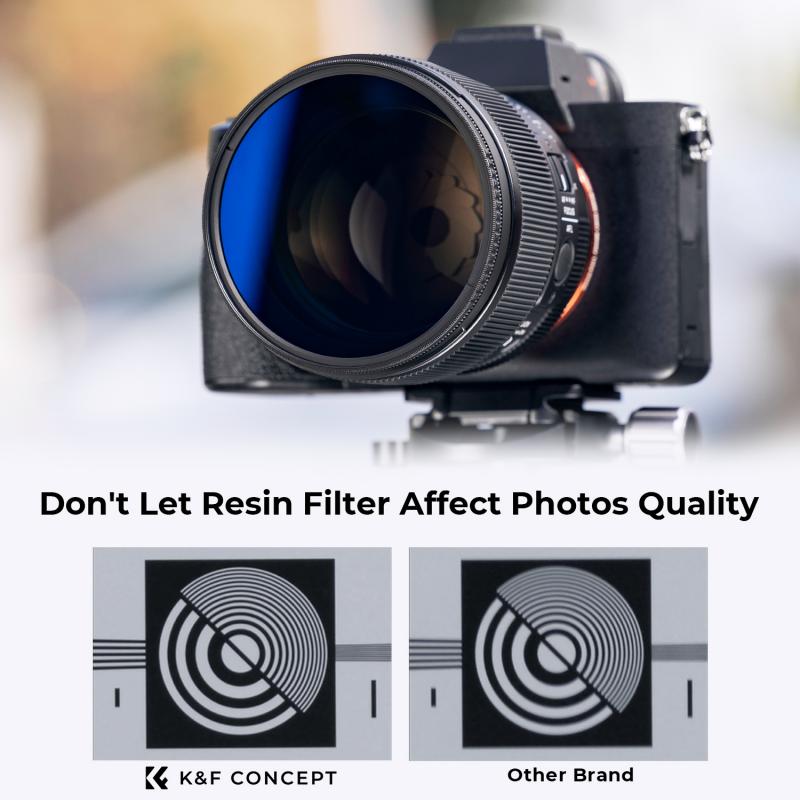
Ultraviolet (UV) light is a type of electromagnetic radiation with wavelengths shorter than visible light but longer than X-rays. It is divided into three categories based on wavelength: UVA (320-400 nm), UVB (290-320 nm), and UVC (100-290 nm). While UVC is mostly absorbed by the Earth's atmosphere and does not reach the surface, UVA and UVB can have significant effects on various materials, including those used in camera lenses.
The Composition of Camera Lenses
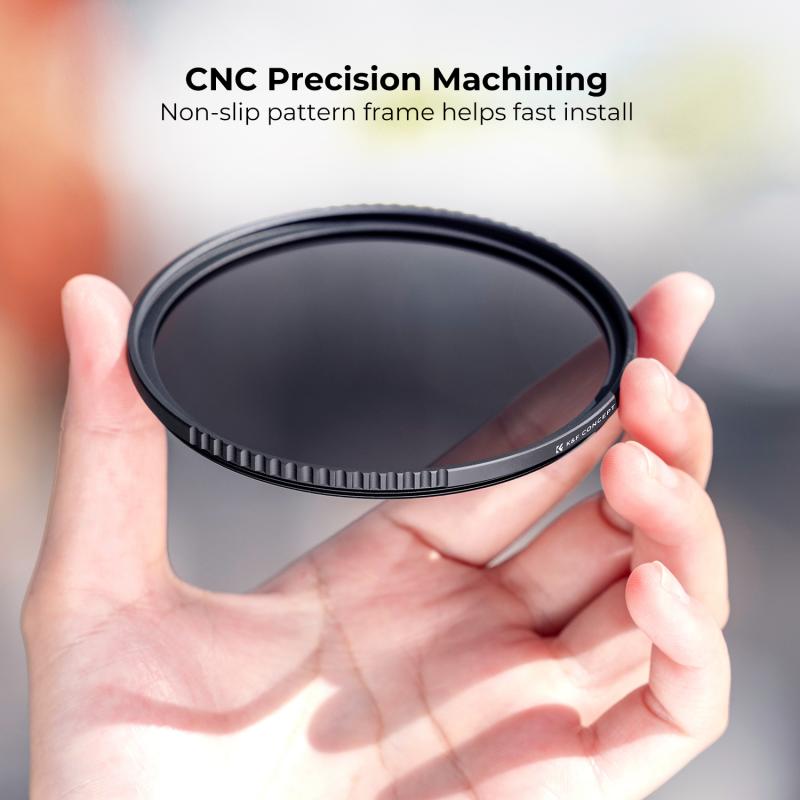
Camera lenses are typically made from high-quality optical glass or specialized plastics, often coated with multiple layers to enhance image quality and reduce reflections. These coatings can include anti-reflective layers, scratch-resistant layers, and UV protection layers. The primary concern regarding UV light is its potential to degrade these coatings and the materials of the lens itself over time.
Effects of UV Light on Camera Lenses
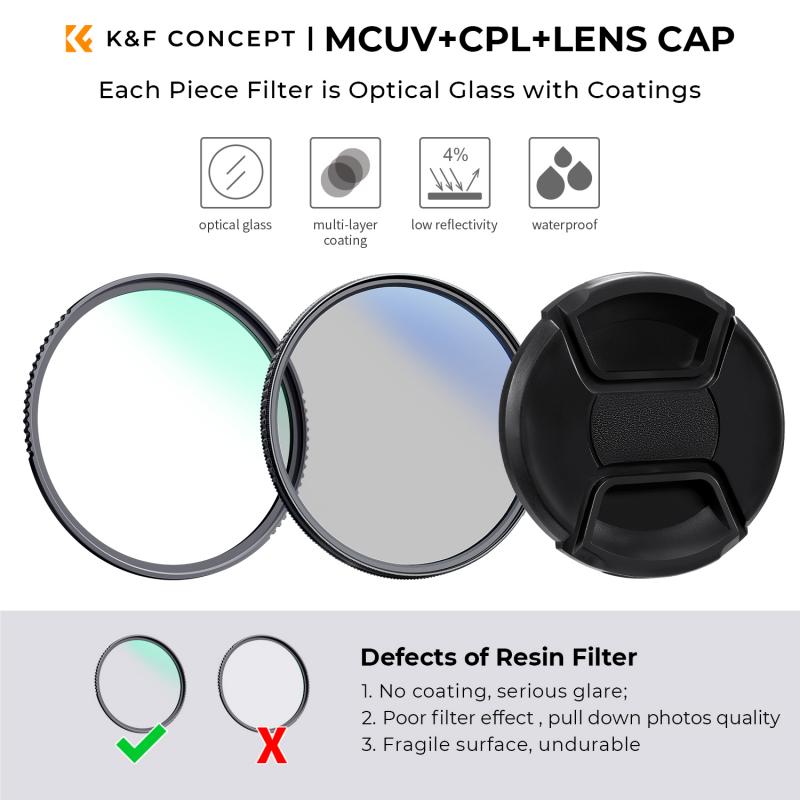
1. Degradation of Coatings: The coatings on camera lenses are designed to improve image quality by reducing glare and reflections. Prolonged exposure to UV light can cause these coatings to degrade, leading to a reduction in their effectiveness. This degradation can manifest as a decrease in contrast and sharpness in the images captured by the lens.
2. Yellowing of Lens Material: Some older lenses, particularly those made from certain types of plastic, can yellow over time when exposed to UV light. This yellowing can affect the color balance of the images and reduce the overall clarity of the lens.
3. Structural Damage: While modern lenses are generally resistant to UV light, prolonged and intense exposure can potentially cause structural damage to the lens material. This is more of a concern for lenses used in extreme environments, such as high-altitude photography or in areas with intense sunlight.
UV Filters: Protection or Myth?
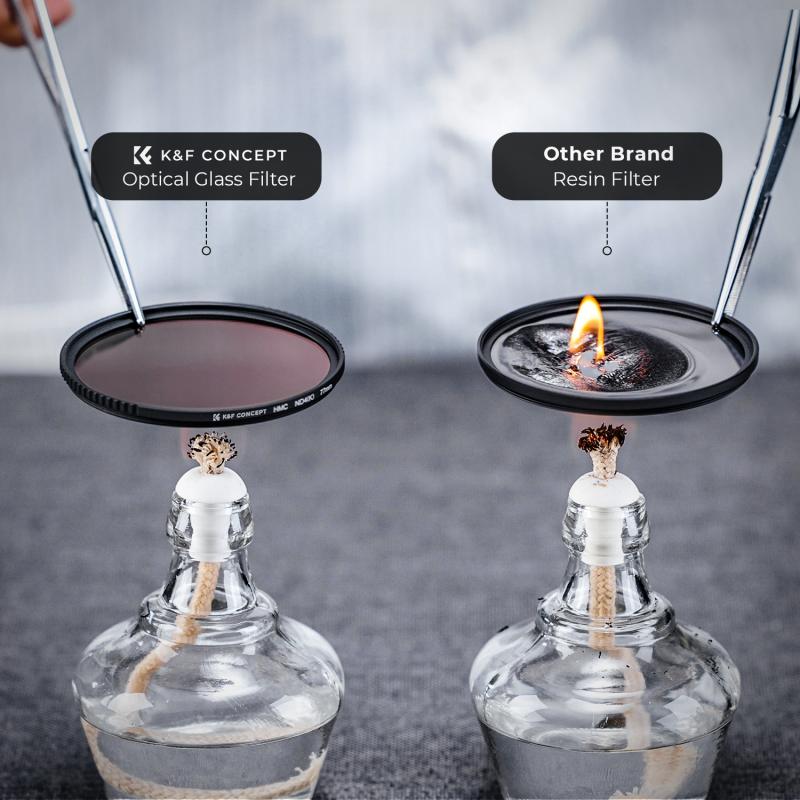
UV filters are often marketed as a means to protect camera lenses from UV light and physical damage. These filters are made from UV-absorbing glass or plastic and are designed to block UV radiation from reaching the lens. However, the effectiveness and necessity of UV filters are subjects of debate among photographers.
1. Protection from UV Light: Modern camera lenses are typically designed with built-in UV protection, making additional UV filters somewhat redundant for blocking UV light. However, for older lenses or those without UV coatings, a UV filter can provide an extra layer of protection.
2. Physical Protection: One undeniable benefit of UV filters is their ability to protect the lens from physical damage, such as scratches, dust, and moisture. In this regard, a UV filter acts as a sacrificial layer that can be replaced if damaged, preserving the integrity of the lens itself.
3. Image Quality: Some photographers argue that adding an extra layer of glass in the form of a UV filter can introduce unwanted reflections and reduce image quality. High-quality UV filters with multi-coating can mitigate this issue, but it is still a consideration for those seeking the highest possible image fidelity.
Practical Tips for Protecting Your Camera Lens
1. Use Lens Caps: Always use lens caps when your camera is not in use. This simple step can protect your lens from both UV light and physical damage.
2. Store Properly: Store your camera and lenses in a cool, dry place away from direct sunlight. Prolonged exposure to sunlight can accelerate the degradation of lens coatings and materials.
3. Clean Regularly: Regularly clean your lenses with a microfiber cloth and appropriate lens cleaning solution. This helps remove any dust or debris that could scratch the lens or degrade the coatings.
4. Consider UV Filters: If you frequently shoot in environments with intense UV light or want an extra layer of physical protection, consider using a high-quality UV filter. Ensure that the filter is multi-coated to minimize any potential impact on image quality.
5. Avoid Extreme Conditions: If possible, avoid exposing your camera and lenses to extreme conditions, such as high altitudes or intense sunlight, for prolonged periods. If you must shoot in such conditions, take breaks to allow your equipment to cool down and avoid direct exposure to UV light.
In conclusion, while UV light can potentially damage camera lenses by degrading coatings and materials, modern lenses are generally well-equipped to handle typical levels of UV exposure. The use of UV filters can provide additional protection, particularly for older lenses or in extreme environments, but they are not strictly necessary for most photographers. By following practical tips for lens care and protection, you can ensure the longevity and performance of your camera equipment, allowing you to capture stunning images for years to come.


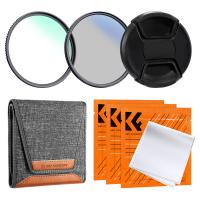
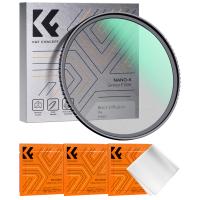
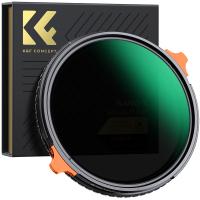
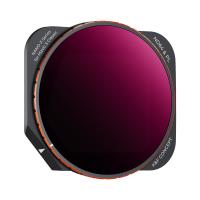

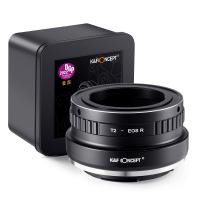
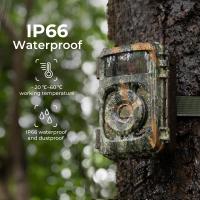

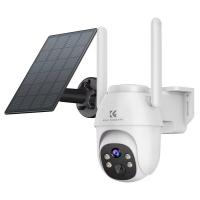
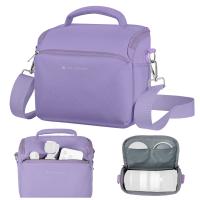
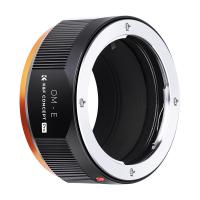
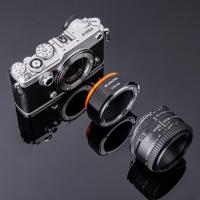
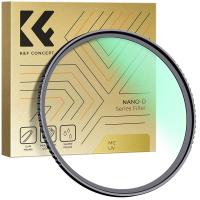

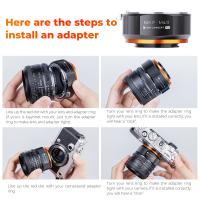
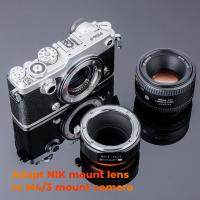

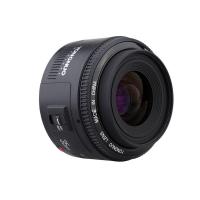
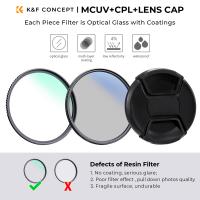
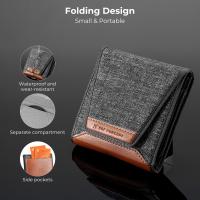
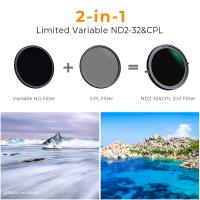
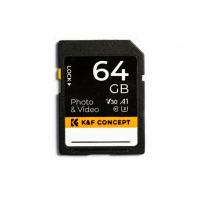

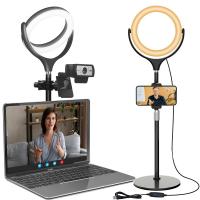
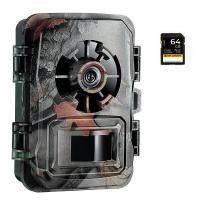
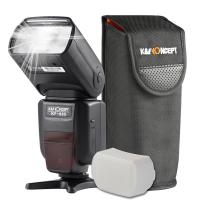
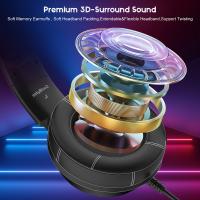
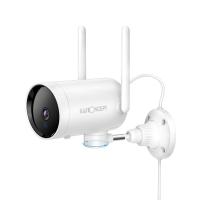

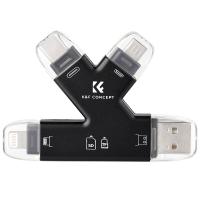

There are no comments for this blog.